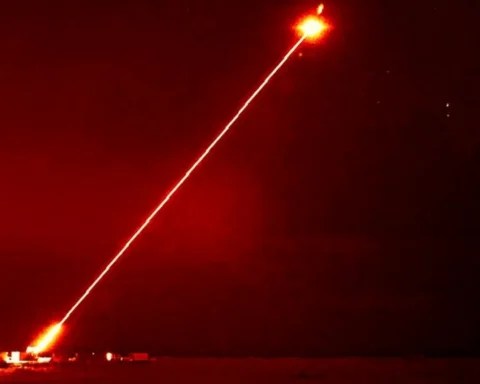If the United States were to withdraw from NATO, it would mark the most significant shift in transatlantic security since World War II. The consequences for Europe would be immediate, far-reaching, and potentially destabilizing—militarily, politically, and economically.
1. Collapse of NATO’s Military Backbone
The U.S. provides nearly 70% of NATO’s defense spending and critical military assets, including:
- Advanced air power and surveillance systems
- Nuclear deterrence via U.S. warheads in Europe
- Strategic logistics and rapid deployment capabilities
Without American support, NATO would lose its command structure’s core muscle. European nations would be forced to quickly rethink their military doctrine and readiness—most are currently unprepared to fill the void.
2. Security Vacuum in Eastern Europe
Countries like Poland, the Baltic states, and Romania rely heavily on U.S. military presence to deter Russia. A U.S. exit could embolden aggressive actions from Moscow, destabilizing NATO’s eastern flank and triggering a new arms race in Europe.
- Russia may test NATO’s credibility, especially in contested regions like Kaliningrad or Ukraine-adjacent territories.
- Nations may consider developing or acquiring nuclear capabilities independently.
3. Pressure on European Defense Spending
European nations would face urgent pressure to increase defense budgets, unify command structures, and build independent military capabilities.
- Germany, France, and the UK would need to lead, but historically struggle to align politically or militarily.
- Smaller states might not be able to afford increased defense spending, leading to unequal capabilities across the continent.
4. Rise of New Alliances and Strategic Shifts
The absence of the U.S. could lead to:
- A stronger push for European strategic autonomy through EU defense integration.
- New bilateral or mini-lateral defense pacts (e.g., France-Germany, Nordic alliances).
- Potential shifts toward cooperation with China or Russia in non-military sectors, especially for energy and trade.
5. Global Perception of Western Weakness
A U.S. exit would severely damage the credibility of Western alliances and may encourage adversarial powers to test other regions like:
- Taiwan and the South China Sea (China)
- Middle East stability (Iran-backed proxies)
- Africa (Russian mercenary and Chinese influence expansion)
6. Nuclear and Intelligence Fallout
The U.S. provides nuclear protection under NATO’s umbrella (nuclear sharing). If that umbrella disappears:
- France and the UK may be asked to expand their nuclear roles.
- European intelligence networks could weaken, losing access to U.S. satellite data, cybersecurity infrastructure, and signals intelligence.
Final Thought
If the U.S. leaves NATO, Europe would face its biggest security crisis in a generation. The alliance could fracture, regional instability would rise, and global rivals would likely exploit the vacuum. While Europe could attempt to forge a new defense identity, it would take years—perhaps decades—to rebuild the strength, trust, and deterrence once guaranteed by the U.S. presence.






















